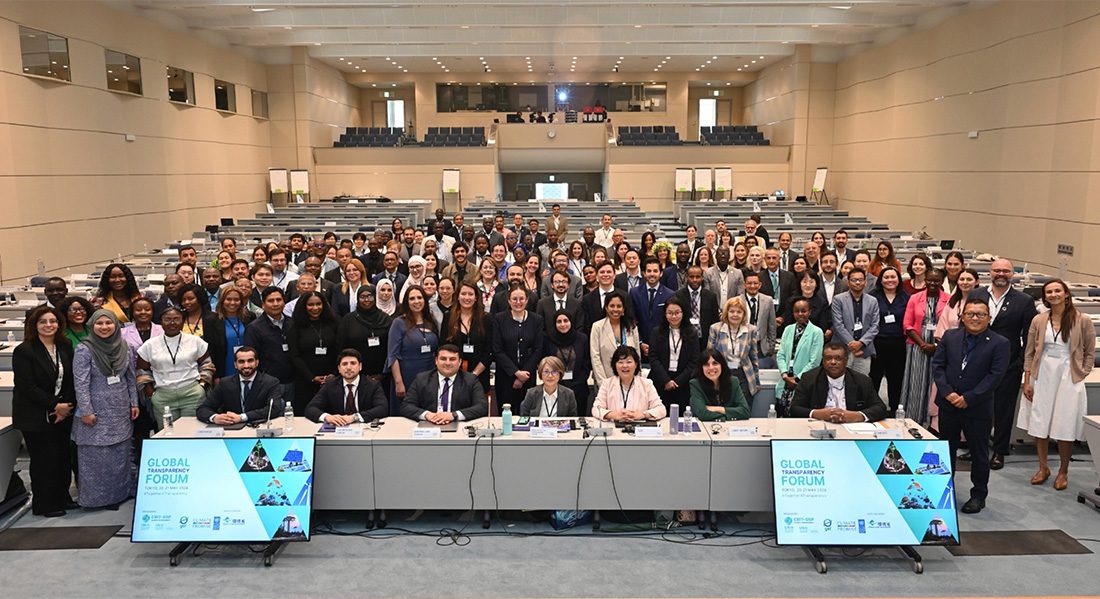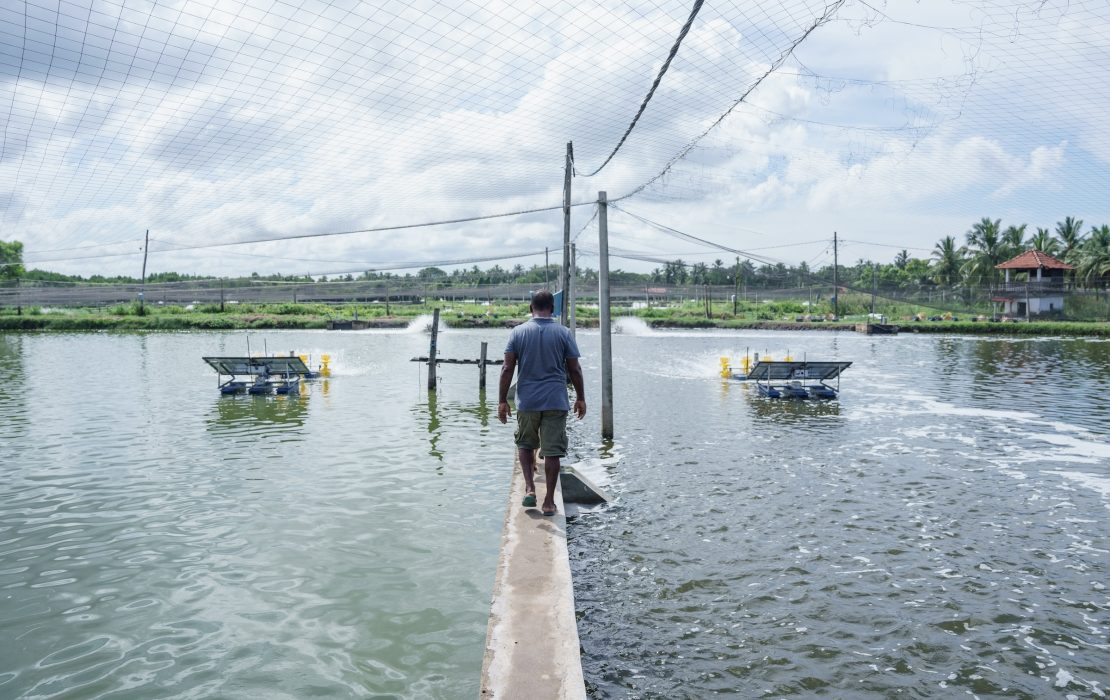
Global Transparency Forum 2024, Tokyo-Japan. Photo: UNEP Copenhagen Climate Centre
New York — The United Nations Development Programme (UNDP) welcomes the approval of the third phase of the Climate Transparency Global Support Programme. The US$10 million global initiative marks an important step in scaling up efforts to enhance transparency in climate action and expand stakeholder engagement. Co-implemented with the United Nations Environment Programme (UNEP) and supported by the Global Environment Facility (GEF), the programme aims to build the capacity of developing countries to meet the requirements of the Enhanced Transparency Framework (ETF) under the Paris Agreement. The programme will support countries in tracking progress against their national climate plans, while responding directly to the growing demand for technical assistance and knowledge sharing.
“Transparency is the foundation for trust, accountability, and effective action,” said Carlos Manuel Rodríguez, GEF CEO and Chairperson. “Through the Climate Transparency-GSP III, we are proud to support countries in strengthening their national reporting systems—not only to meet international commitments, but also to inform better local policy, investment, and planning decisions that serve their development priorities.”
The GSP III expands on the efforts previously initiated under the Capacity Building Initiative for Transparency Global Support Programme (CBIT-GSP), which primarily focused on enabling countries to meet immediate transparency requirements. The new phase takes a more strategic and country-tailored approach to integrate transparency efforts into national planning and decision-making processes for lasting impact. The programme expects to support over 1,500 beneficiaries, half will be women, building on more than 5,700 beneficiaries reached during the previous rounds. The Programme will continue to prioritize inclusive, gender-responsive support throughout its implementation.
A key innovation of this phase is the emphasis on digital solutions and strengthening of the Climate Transparency Platform: a globally accessible knowledge hub, to support open access to guidance, data tools, and regional expert networks.
The platform will also feature tailored content for Least Developed Countries (LDCs) and Small Island Developing States (SIDS), acknowledging their unique challenges and the flexibility provisions under the Paris Agreement. Additionally, enhancements to the IPCC Inventory Software, in collaboration with the IPCC Task Force on National Greenhouse Gas Inventories, will ensure that digital tools remain interoperable and accessible to all Parties, especially those with limited capacity.
To deliver on these objectives, the GSP III is grounded in strong inter-agency cooperation. UNDP and the UNEP Copenhagen Climate Centre will work together to provide countries with 10 regional and language-based transparency networks, enabling peer learning, south-south cooperation, and localized technical assistance. The project will also offer guidance, tools, and expert advice, as well as training modules and curricula that can be institutionalized at national and regional levels.
“This project exemplifies the spirit of multilateral partnership needed to accelerate implementation of the Paris Agreement. Together, we are enabling countries to make data-informed decisions that improve climate resilience and unlock new development opportunities,” said Francine Pickup, UNDP’s Deputy Director of Bureau for Policy and Programme Support. “We look forward to deepening our collaboration with the GEF and UNEP in advancing climate transparency.”
As the programme enters a new phase with the approval of GSP III, UNDP and partners reaffirm their commitment to supporting countries in embedding climate transparency into their national policy and planning. Through tailored technical assistance and regional collaboration, the programme will accelerate the shift from capacity-building to long-term sustainability and self-sufficiency.
*
About UNDP
UNDP is the leading United Nations organization fighting to end the injustice of poverty, inequality, and climate change. Working with our broad network of experts and partners in 170 countries and territories, we help nations to build integrated, lasting solutions for people and planet.
UNDP’s Climate Promise is the UN system’s largest portfolio of support on climate action, working with more than 140 countries and territories and directly benefiting 37 million people. This portfolio implements over US$2.3 billion in grant financing and draws on UNDP’s expertise in adaptation, mitigation, carbon markets, climate and forests, and climate strategies and policy. Visit our website at climatepromise.undp.org and follow us on X at @UNDPClimate.
About UNEP
The United Nations Environment Programme (UNEP) is the global authority on the environment. It works worldwide to address the triple planetary crisis—climate change, nature loss, and pollution—by supporting countries in building low-carbon, nature-positive, and resource-efficient economies.
About the Global Environment Facility
The Global Environment Facility (GEF) includes several multilateral funds working together to address the planet's most pressing challenges in an integrated way. Its financing helps developing countries address complex challenges and work towards meeting international environmental goals. Over the past three decades, the GEF has provided more than $26 billion in financing, primarily as grants, and mobilized another $153 billion for country-driven priority projects.

